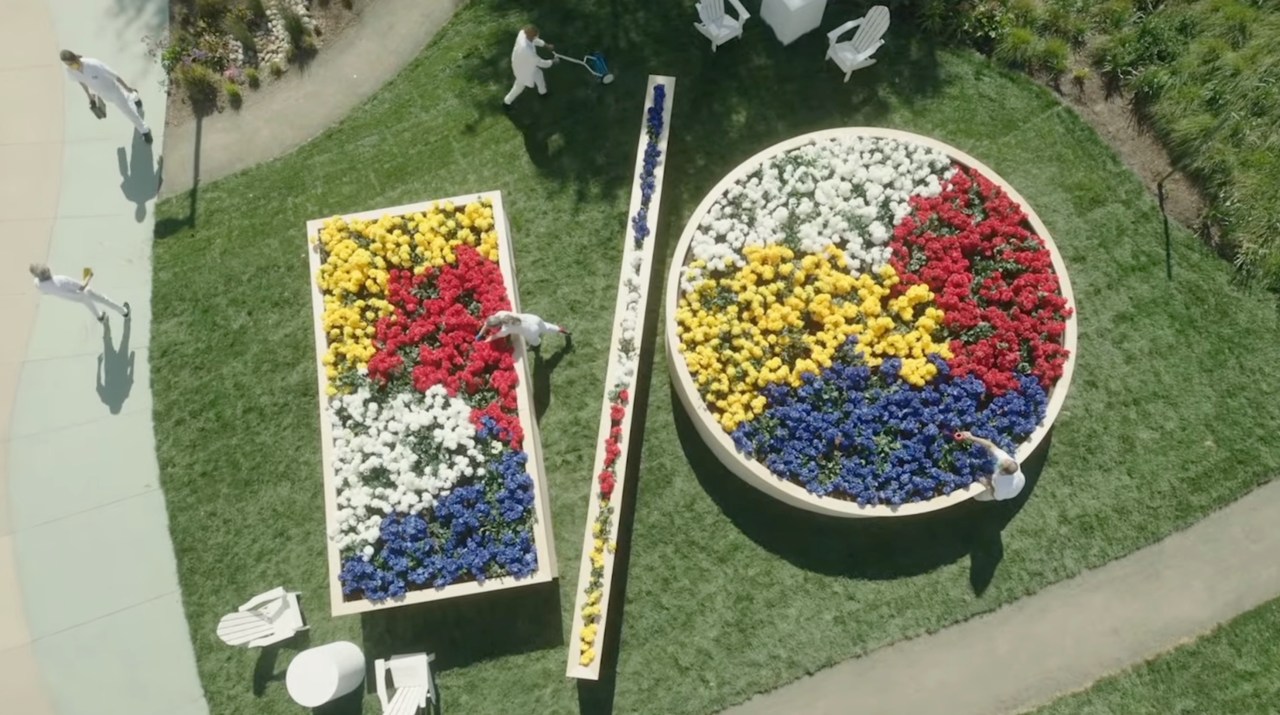The annual Google I/O event is much anticipated, often serving as a window into the company’s cutting-edge advancements. Although this year’s showcase was more about visionary projects than immediate releases, it did unveil a treasure trove of intriguing innovations. From enhanced user interfaces to groundbreaking conferencing technology, Google is not just aiming to change how we use technology; they are reimagining it altogether. Here’s an overview of the highlights that caught our eye.
Dynamic Design: Introducing Material You
Android 12 has been long in the making, and the debut of its “Material You” design language brings an innovative approach to personalization. This system adapts the user interface based on contextual elements like the user’s preferences, the time of day, or even current weather conditions. With an emphasis on security, users can expect enhanced privacy features, such as real-time indicators for camera and microphone usage. Coupled with the rollout of a beta version, users can participate in shaping the final product while ensuring their data security.
Collaborative Creativity with Smart Canvas
If you’ve ever wished for a more integrated way to collaborate while using Google’s productivity tools, Smart Canvas is here to help. This new feature allows for seamless interaction during shared projects by integrating video calls within documents. Imagine working on a presentation while discussing it face-to-face with your teammates — it’s the kind of synergy that fosters creativity and productivity, all while keeping the workflow fluid and dynamic.
Natural Conversations with LaMDA
One of the most compelling announcements was Google’s LaMDA (Language Model for Dialogue Applications), designed to let AI engage in more natural and versatile conversations. By allowing the AI to understand nuances, it can respond intelligently to unconventional queries, akin to chatting with a real human rather than interacting with a cold, robotic interface. A demonstration using anthropomorphized characters showcased just how far algorithms have come in relation to conversational coherence.
Project Starline: The Future of Video Calling
Imagine being able to have a face-to-face conversation with someone who is miles away, and it feels just as real as if they were sitting right next to you. That’s the promise of Project Starline. This experimental setup harnesses advanced 3D technology to create realistic avatars, making virtual interactions more immersive. The potential applications range from personal conversations to professional meetings, revolutionizing how we connect in a remote world.
Wear OS Enhancements and a Unified Platform
As smartwatches grow in popularity, Google aims to enhance its Wear OS by integrating Fitbit’s impressive health-tracking capabilities. This synergy not only expedites access to health data but also incorporates various third-party applications, making your smartwatch a central hub for your wellness journey. Additionally, Google announces a collaborative effort with Samsung to create a unified platform for its wearable devices, paving the way for diverse app development and better user experiences.
Innovations in AI and Cloud Computing
Google’s focus on powerful machine learning is evident in their new Vertex platform. Centralizing AI tools, Vertex aims to streamline enterprise-level development, ensuring that businesses can harness AI’s full potential without a hitch. Furthermore, their TPUv4 computing hardware signifies a leap in performance, ensuring faster, more efficient processing capabilities that can handle even the most demanding applications.
Enhancements in Google Photos and AI Duplication
Your memories are getting a futuristic facelift with AI advancements in Google Photos. By identifying themes and moments within your digital archives, the platform empowers users to rediscover cherished memories in new and engaging ways. Additionally, the improved Duplex feature, which deals with password resets, showcases the practicality of AI by simplifying user interactions with online platforms.
A Revitalized Shopping Experience
Froogle, Google’s once-failed shopping initiative, has been reimagined. Users can now access detailed product information directly in search results, creating a streamlined shopping experience. By integrating data from various retail sites, Google attempts to bring value to shoppers, although the long-term implications of this feature remain to be seen.
Developer Tools and Enhancements
Google’s developer community will also benefit from updates to its Flutter toolkit and Firebase platform, enhancing performance, security, and customization options. The new version of Android Studio, dubbed Arctic Fox, promises robust accessibility features, accommodating developers working towards inclusive applications.
Conclusion
Google I/O 2021 reaffirms that the tech giant is not just innovating in existing disciplines but is actively exploring new frontiers in technology. From evolving user interfaces to enhancing AI capabilities, the potential of these announcements is both exciting and promising. As we navigate an increasingly digital world, these advancements will undoubtedly play a significant role in shaping our interactions and experiences.
At **[fxis.ai](https://fxis.ai)**, we believe that such advancements are crucial for the future of AI, as they enable more comprehensive and effective solutions. Our team is continually exploring new methodologies to push the envelope in artificial intelligence, ensuring that our clients benefit from the latest technological innovations. For more insights, updates, or to collaborate on AI development projects, stay connected with **[fxis.ai](https://fxis.ai)**.

